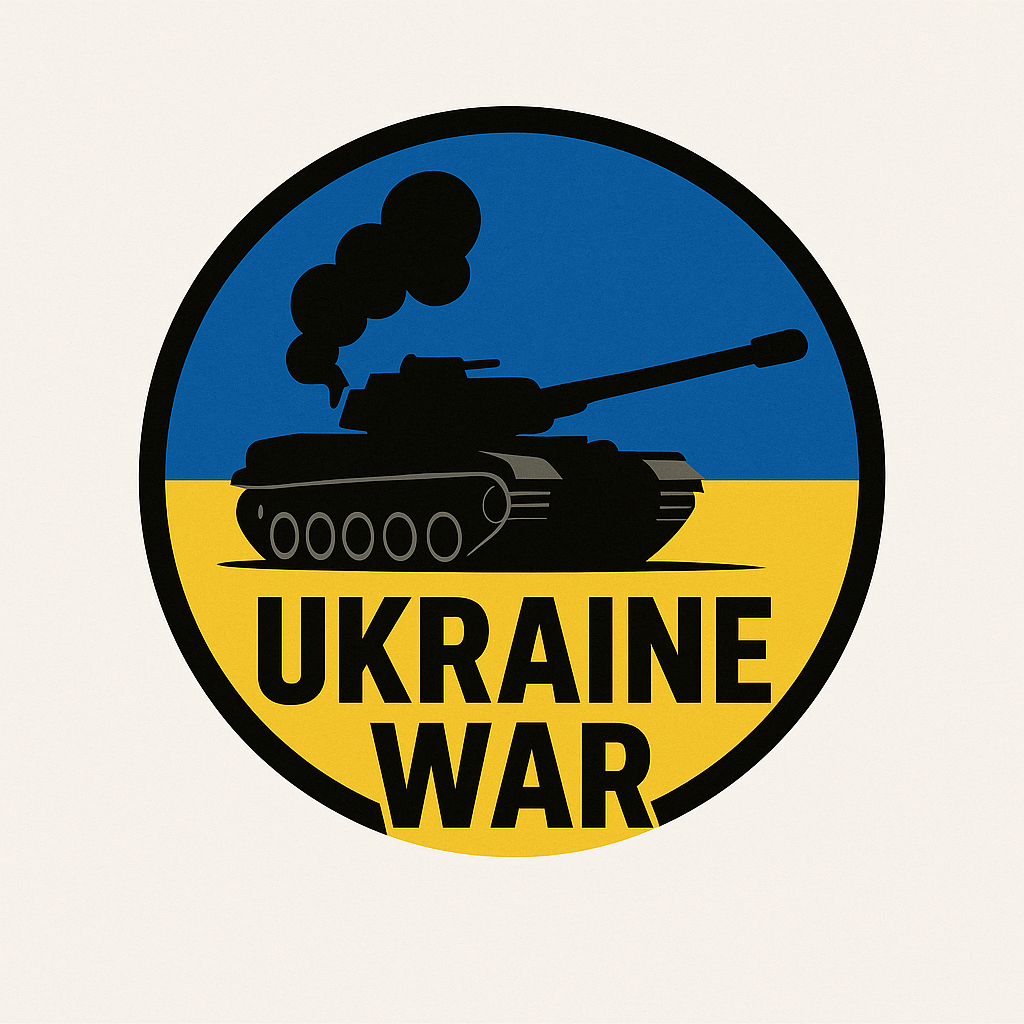On my first day in offshore detention, I was given a number. Benham Satah became FRT009 — or Foxtrot Romeo Tango Zero Zero Nine, as the guards would use the military alphabet. It was one of the many ways they treated us like criminals or prisoners of war.
When I fled Iran in 2013, I never imagined I would end up on Manus Island in Papua New Guinea. I risked my life to get from Indonesia to Christmas Island, an Australian territory in the Indian Ocean. When you need to flee, you grab the first opportunity you get — and this boat was mine.
Europe’s nations have proposed establishing refugee ‘return hubs’ in third-party countries outside their jurisdiction for failed asylum seekers. But they should think twice.
After four days at sea, we finally saw dry land. But my relief turned to horror as the guards were already there, waiting to detain us. And after 25 days in detention there, we were then handcuffed, dragged on to a plane by four giant security guards. They wouldn’t tell us where we were heading.
It felt like we were being kidnapped.
When we finally arrived in Papua New Guinea, they took us to the Lombrum military compound, where we were detained in 3-square-meter rooms, each with a bunk bed and a third camp bed. There was just enough space to lie down.
Then, I was transferred to my final destination of Manus Island — the detention camp for men only. We were over 500 in a facility that was built for 200. There were LGBTQ+ individuals, unaccompanied children, vulnerable people left alone with no real protection to survive in a dangerous environment.
It was so hot in the camp. The only reprieve came in the evenings, when the temperature would drop slightly. And even though we were surrounded by the ocean, with the camp just meters from the shore, I never actually heard the lapping of waves — the generator clattered like a helicopter day and night, drowning out the sea.
It smelled so bad there. The Australian caseworkers admitted they wouldn’t even bring an animal to the camp. There were 10 toilets and 10 showers for 500 people, and this caused problems every day. The rubbish was left to sweat and ferment in the tropical heat. They would set off smoke bombs to kill mosquitos. The whole camp stank of chemicals. Despite this, all these years later, I still have malaria in my blood.
There were 14 deaths recorded in the years I was on Manus Island. I still see their faces — especially my roommate’s, Reza Barati. He was murdered before my eyes, while in the custody of the Australian government. [According to eyewitness reports, Barati was beaten to death by guards and other contractors.]
People died of preventable deaths there. Everyone suffered from mental or physical health problems. The only treatment we received was paracetamol and water. I remember Hamid (whose name has been changed to protect his identity). He never received proper treatment, as there was no doctor in the medical center here. They amputated both his legs in the capital, Port Moresby. He died from septicemia.
But we weren’t just denied treatment on Manus, those in charge were also inexplicably reckless with vaccinations. I was an interpreter for a friend, FRT001, who came on the same boat as me. I witnessed him receive 60 vaccines in under a month. We tried to stop them, but if you refused a vaccine, they would call the Emergency Response Team.
My friend was eventually sent back to Iran where he died not long after.
Ukrainian refugees are protected by the French government — every refugee should be treated that way.
People would self-immolate with petrol in detention. We were beaten. At times the violence was extreme, and you could be assaulted for no reason. When a packet of cigarettes can guarantee your safety, you understand how cheap human life can be.
With offshore detention, the Australian government paid Nauru and Papua New Guinea to do its dirty work. There was no law there, and they could do what they wanted without fear of the courts. We were denied access to lawyers. We were out of sight, out of mind — exactly as was intended.
I tried to take my life several times on Manus, and the memories still give me nightmares. I lost almost seven years of my youth in detention. Those are days I will never get back. I still take a lot of tablets just to get through the day.
Everyone I know who went through this “offshore detention” scheme has since been diagnosed with PTSD. I think we need a new term for what we experienced, like Manus disease or offshore detention syndrome. Even people who just spent a month there are still suffering.
Not knowing when you’ll leave — it’s worse than any prison sentence. It destroys your mental health.
Nowadays, I work with the Salvation Army, and volunteer to help Ukrainians in France who fled Russia’s invasion. Ukrainian refugees are protected by the French government — every refugee should be treated that way. They should be given a chance to live and build a future. I also provide support and counseling for people on Manus Island and those who left but are still suffering.
I still have my own struggles with depression and mental health, but helping others in my situation lifts me up.
It was torture what the government did to us. They were saying it was deterrence, but it never worked. It hasn’t stopped people from trying to get to Australia to seek protection because they have no choice. Instead, it has become a stain on Australian history.
I hope no European country ever adopts this policy.
Benham Satah coordinated this piece with Amnesty International.
This piece was first published by Politico here
